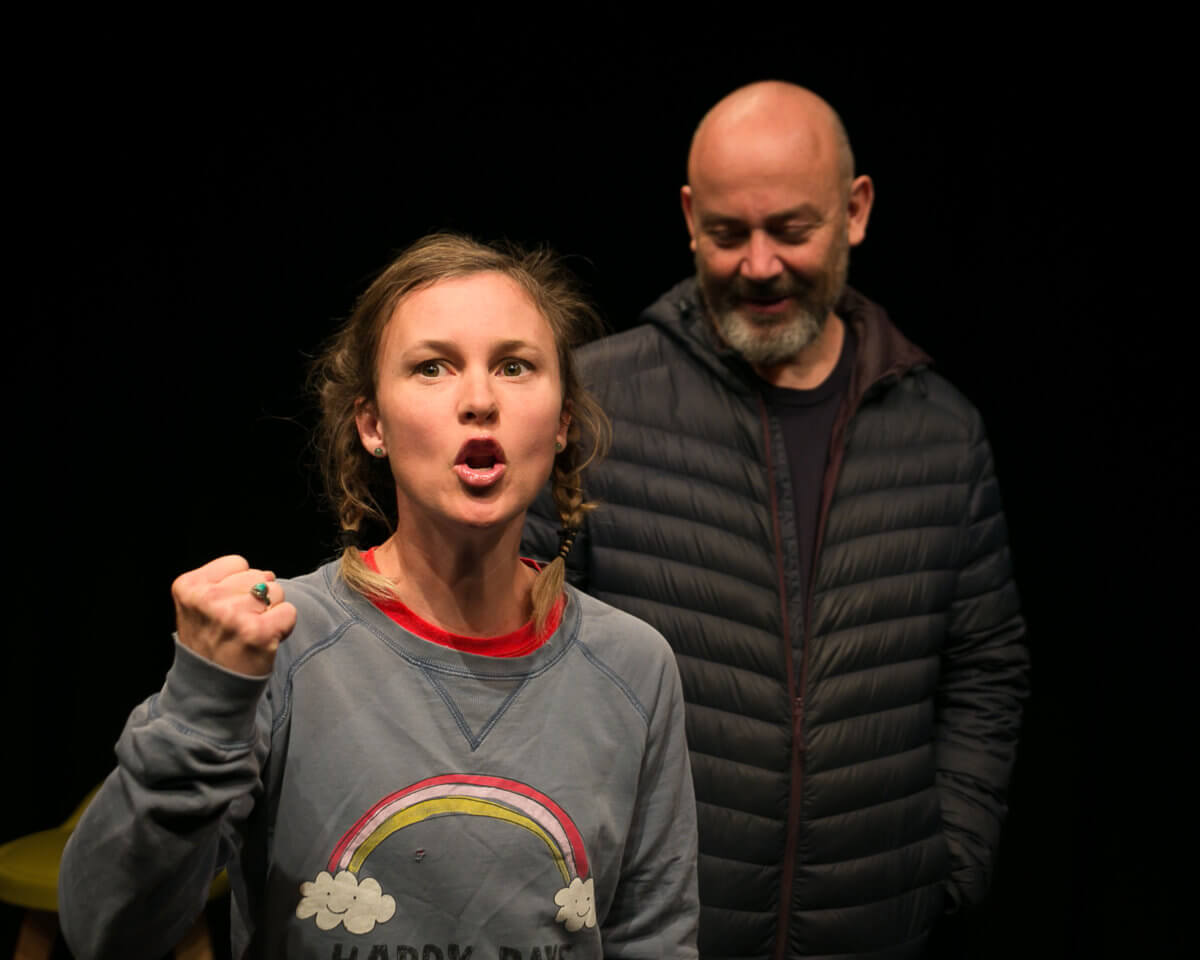Intimacy is an innovative theatre experience that challenges its audience to consider varyingly unique aspects of the human condition. The subject matter of the play draws itself from the real-life experiences of its director, Adriano Cortese, in the streets of Melbourne. It is an exciting, funny and, at times, confronting production.
Approaching The Street Theatre, neither my companion nor I were sure of what to expect. Neither of us travel in the circles of artistic performance or recreation. Thus, our experience and understanding of Intimacy developed as new characters and stories introduced themselves before us. These rapid developments were simultaneously exhilarating and exhausting. It almost felt like we were participating in a round of speed-dating before learning about these anonymous individuals’ most intimate and vulnerable states of being.
Entrancing and provocative, ‘Intimacy’ explores the stories of various characters through conversation, interpretive movement, and minimal audio-visual effects. Although the play stands at just 65 minutes running time, the experience is so rich in emotion and provocation that it seems to have lasted for an immeasurable count. It retains an authentic quality of naturalness – my companion even describing the ‘feel’ of the dialogue as imitating an ‘impromptu’ conversation.
The unique nature of Intimacy lies in its honest examination of the human subject. The audience are as much a part of this ‘collaborative thinking’ experience as the actors are. We are invited to consider, without judgement, the stories of these characters. How they reached this point of conversation and what the listener must think of what they’re hearing.
It is from these stories that the viewer is encouraged to question the fabric of social interaction; its truths and its falsities. The performance cleverly weaves the collection of conversations to accentuate the power of a human facade and its myriad of depths. The natural ebb and flow of its theatrical achievement calls us to look and revel in the simple beauties of life, such as the personal conversation to capitalise on the human experience. Without such ‘intimacy’, the actors portray that we can only simply scratch the surface as to why individual members of society are or act in a certain way.
We acknowledge the Ngunnawal and Ngambri people, who are the Traditional Custodians of the land on which Woroni, Woroni Radio and Woroni TV are created, edited, published, printed and distributed. We pay our respects to Elders past and present. We acknowledge that the name Woroni was taken from the Wadi Wadi Nation without permission, and we are striving to do better for future reconciliation.
